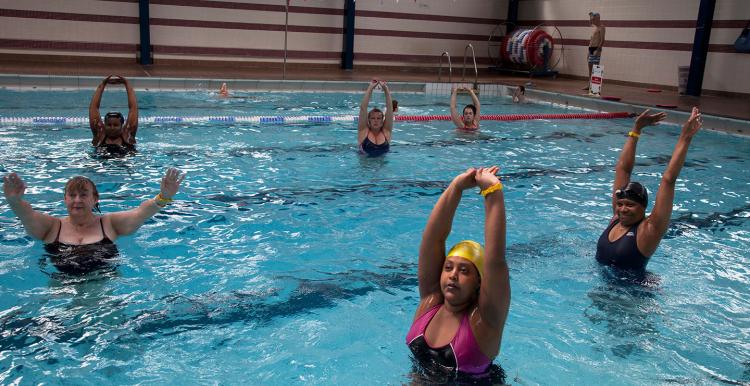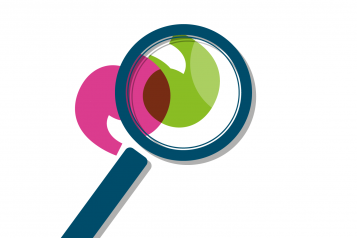NHS funded social prescribing and navigation services are not reaching migrant communities in Islington

Social prescribing and navigation services
- Social prescribing is a means by which people can be referred to non-clinical activities designed to support health and wellbeing. Examples include lunch clubs, arts and crafts classes, gardening groups, and a range of fitness activities. Social prescribing is often offered to patients with long term health conditions who may not be able to access these types of activity without support.
- Navigation is a broader term that describes the process of supporting people to find and access appropriate activities and services. Navigation also covers statutory and clinical services, whereas social prescribing focuses more on the social side of health.
Islington Clinical Commissioning Group asked Diverse Communities Health Voice to carry out some research with the communities they support. The CCG wanted to know whether residents from migrant communities had used any of the NHS commissioned social prescribing and navigation services. They also wanted to know what other social prescribing and navigation was taking place in the borough.
Diverse Communities is a partnership of voluntary organisations supporting Islington residents from Arabic, Bengali, Cypriot, Eritrean, Ethiopian, Greek, Kurdish, Middle-Eastern, Turkish, Latin American, North African and Somali communities.
We interviewed 154 members of these communities and asked them about four services commissioned by the NHS to provide social prescribing and navigation:
- Age UK Navigator Service
- Help on Your Doorstep
- Dementia Navigator
- Stroke Navigator
Our findings
- 11 people had used social prescribing and navigation services funded by the NHS. Awareness of these services was low.
- 123 people had used social prescribing and navigation services provided by the organisations in the Diverse Communities partnership. Satisfaction with these services was high. They were seen as easy to access and effective.
I have a problem with depression, and when I come to the group I feel better.
Culturally sensitive social prescribing and navigation services
The partner organisations are able to refer clients to activities delivered in their first language in appropriate cultural settings. They also provide the ongoing support necessary to help vulnerable clients continue to engage with wellbeing services.
Much of the need for navigation services comes about because health services are not accessible for some of these residents. For example some clients are reluctant to book appointments over the phone due to language barriers, and at the appointments themselves interpreting is not always available.
However, these community organisations do not receive NHS funding to carry out this work. If they are to be relied upon to meet this need, it is important that they are properly resourced.
'The sector takes its responsibility to clients seriously, and is creative and resourceful in finding ways to meet need, but this work is not strategically funded. The funding structure potentially then contributes to the further marginalising of these vulnerable groups.
'Ninety percent of clients self refer. A few come from GPs and other agencies. They self refer to organisations like ours because they feel more confident that they will be understood, both in terms of language, but also culturally. Most clients come through the door for advice about housing and welfare or statutory services to start with, and then we find ways to encourage them to access other services and activities that could benefit.
'A key frustration for our clients is the waiting time to be seen; appointments for advice services are always fully booked. A client might have to wait three weeks but sometimes the situation is more urgent. We also run drop ins where clients queue and some might wait and still not get seen. Demand outstrips supply but it is also hard to fundraise for this work. There are a decreasing number of funding sources.'
How can we make sure that this work is properly resourced?
- When an organisation that gets funded by the NHS to provide social prescribing and navigation services needs support from an organisation with language and cultural expertise in order to help someone, they could pay that organisation for their work. This could be done as and when the support is needed.
- Alternatively the organisation funded by the NHS could work in partnership with other organisations, for example sharing staff, so that specialist knowledge or interpreting can be provided.
Read the report
Download the report in full to find many more examples of the social prescribing and navigation work carried by these organisations.


